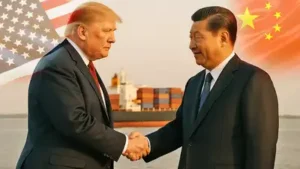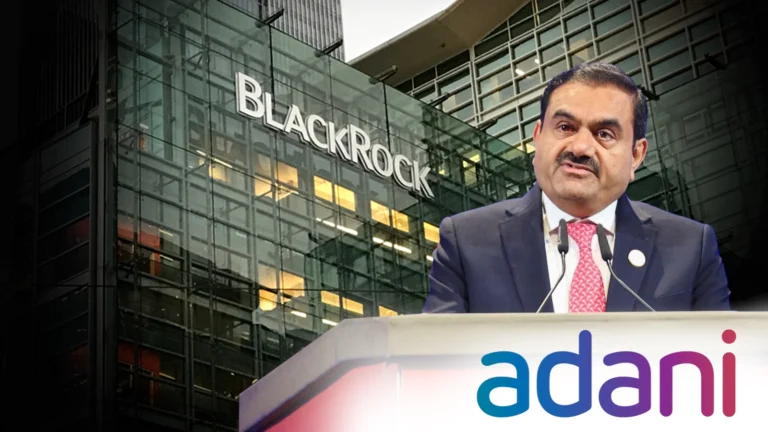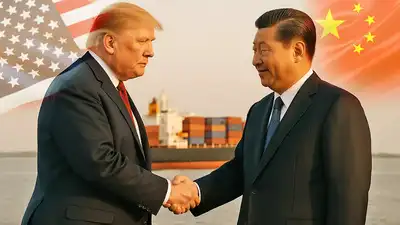On Monday, U.S. and Chinese officials announced that they had agreed to lift the majority of their recent tariffs and declare a 90-day halt to their trade war in order to hold further negotiations on settling their differences.

Chinese levies on U.S. imports will drop from 125% to 10%, and the U.S. will reduce additional tariffs it slapped on Chinese goods in April of this year from 145% to 30%, the two countries announced Monday. The new policies will take effect in 90 days.
As the world’s two biggest economic powers retreated from a conflict that has rocked the world economy, stock markets surged.
Ahead of the opening bell, Dow Jones futures jumped 2.7%, or more than 1,100 points. S&P 500 futures gained 3.2% as tech-heavy Nasdaq 100 futures moved up 4.1%
Meanwhile, some of the major winners were Tesla (TSLA), Nvidia (NVDA), and Apple (AAPL).
The iPhone maker After suffering significant losses in recent months, Apple is still trading well below its 50-day moving average. However, in an attempt to extend a winning run to three sessions, Apple shares surged more than 6% in the early hours of Monday.
In pre-market trading, Nvidia’s shares increased by over 4%. Over the past few trading sessions, the artificial intelligence giant’s shares have advanced strongly over their 50-day line and are getting close to their 200-day line, which is an important region to keep an eye on.
And after retaking the long-term 200-day line on Friday, Tesla surged almost 8% higher in early trading on Monday. The opening price of shares is expected to be the highest since February 25. The electric vehicle manufacturer, led by CEO Elon Musk, is still about 39% behind its December 18 record high of 488.54.
Trump-China Trade Deal News
Following the announcement, the dollar strengthened and stock markets recovered, helping to ease fears of a decline brought on by U.S. President Donald Trump’s escalation of tariff measures last month intended to reduce the U.S. trade deficit.
“Both countries represented their national interest very well,” U.S. Treasury Secretary Scott Bessent stated during his Geneva discussions with Chinese officials. “We both have an interest in balanced trade, the U.S. will continue moving towards that.”
After the weekend meetings in Switzerland, where both sides celebrated progress on reducing differences, Bessent was chatting with U.S. Trade Representative Jamieson Greer in a conciliatory tone toward China.
“The consensus from both delegations this weekend is neither side wants a decoupling,” Bessent stated. Furthermore, neither party wants an embargo, which is what had happened with these extremely high tariffs. We do desire trade.
Nearly $600 billion in two-way commerce had come to a halt due to the tariff conflict, which also caused supply chain disruptions, stagflationary fears, and some layoffs.
Senior U.S. and Chinese economic officials met in Geneva for the first time since Trump took office again and began a global tariff campaign that imposed extremely high tariffs on China.
Bessent said the U.S. would continue its strategic rebalancing in sectors including steel, semiconductors, and medicines where it had identified supply chain weaknesses, and that the agreement did not include sector-specific levies.
“This is better than I expected. I thought tariffs would be cut to somewhere around 50%,” said Zhiwei Zhang, chief economist at Pinpoint Asset Management in Hong Kong.
“Obviously, this is very positive news for economies in both countries and for the global economy, and makes investors much less concerned about the damage to global supply chains in the short term,” Zhang said.
Credit – Reuters, Investor’s Business Daily




